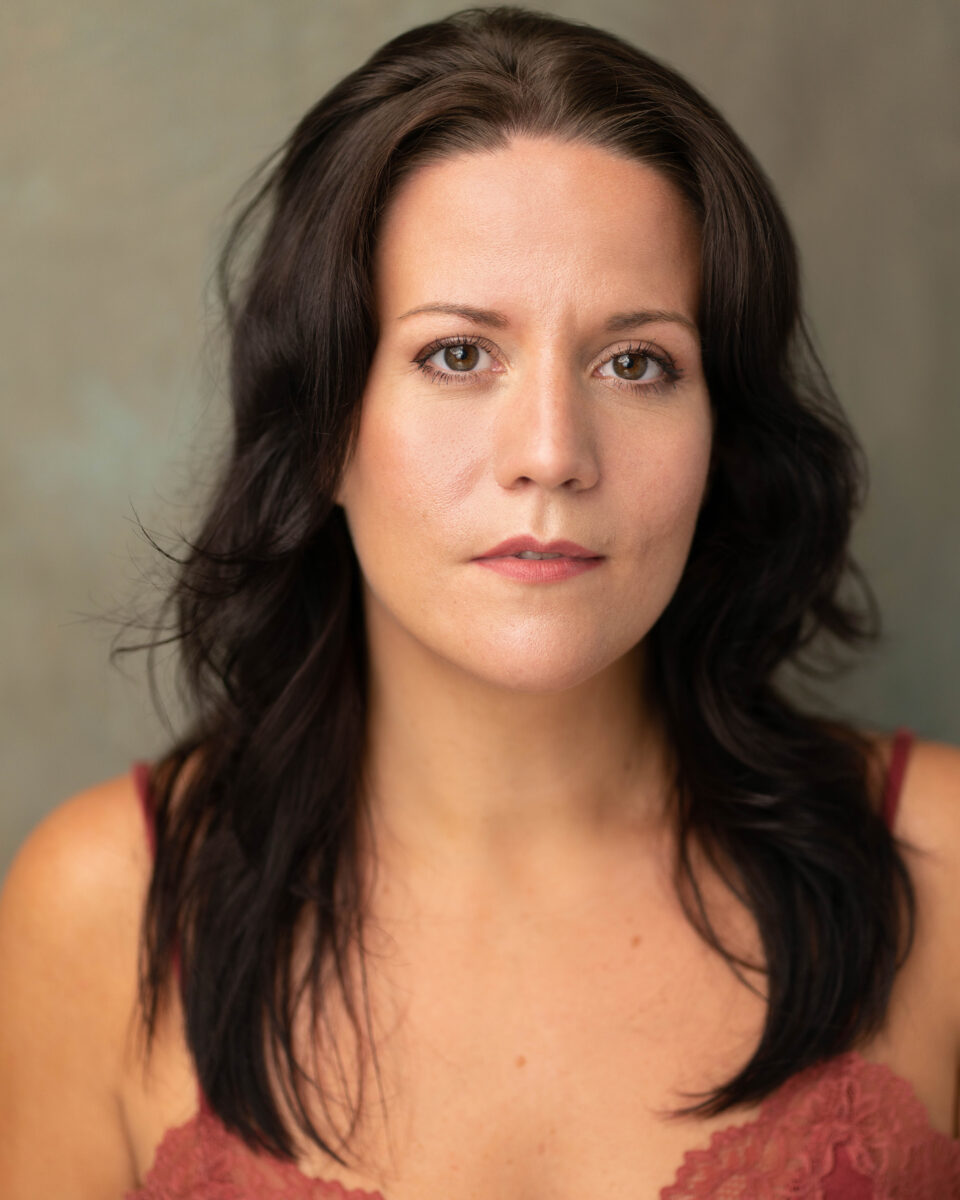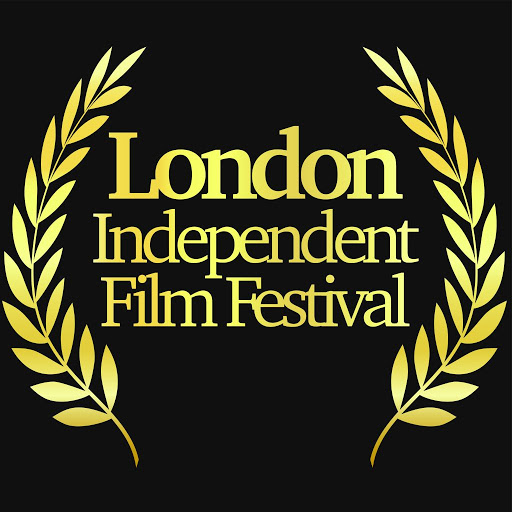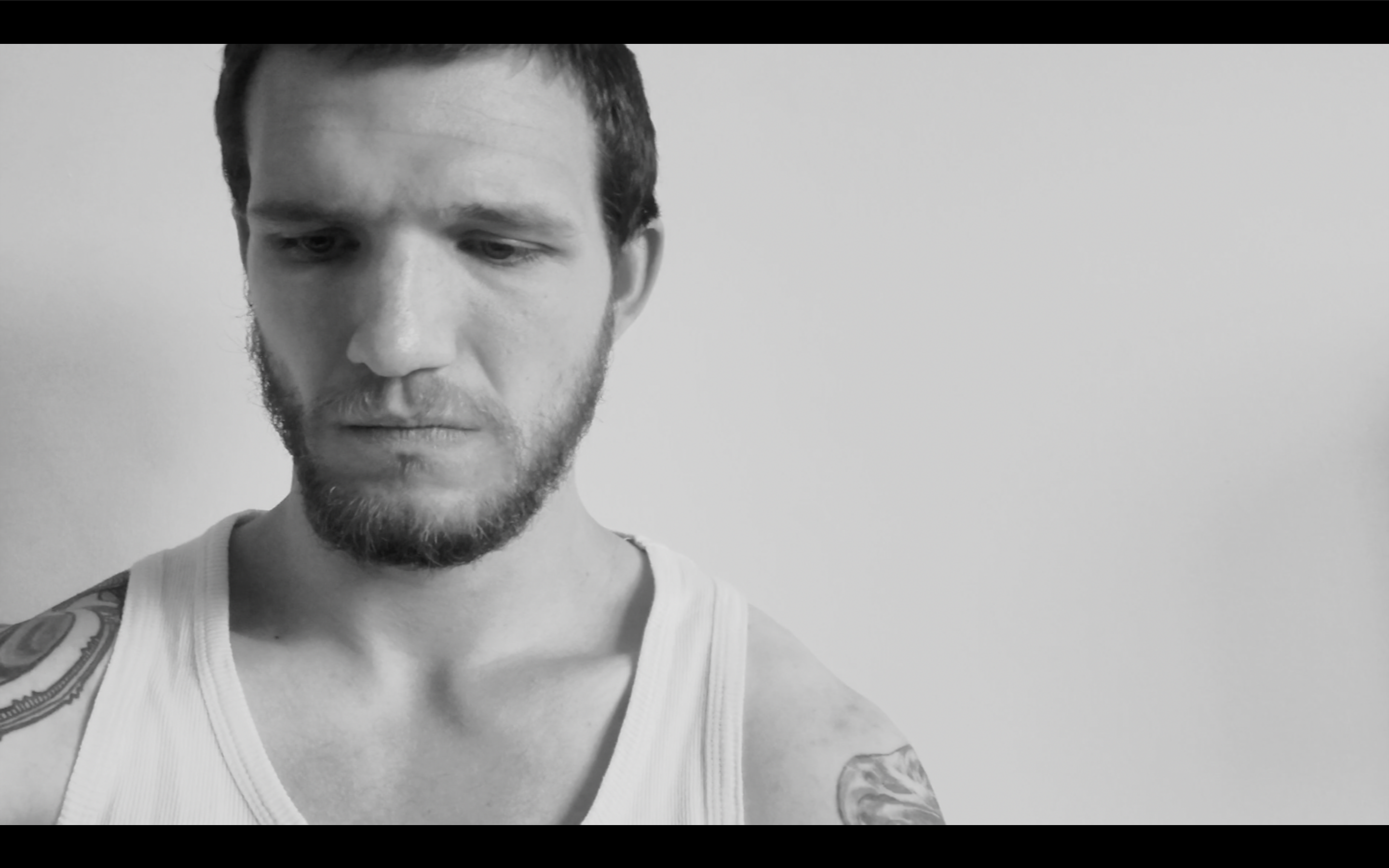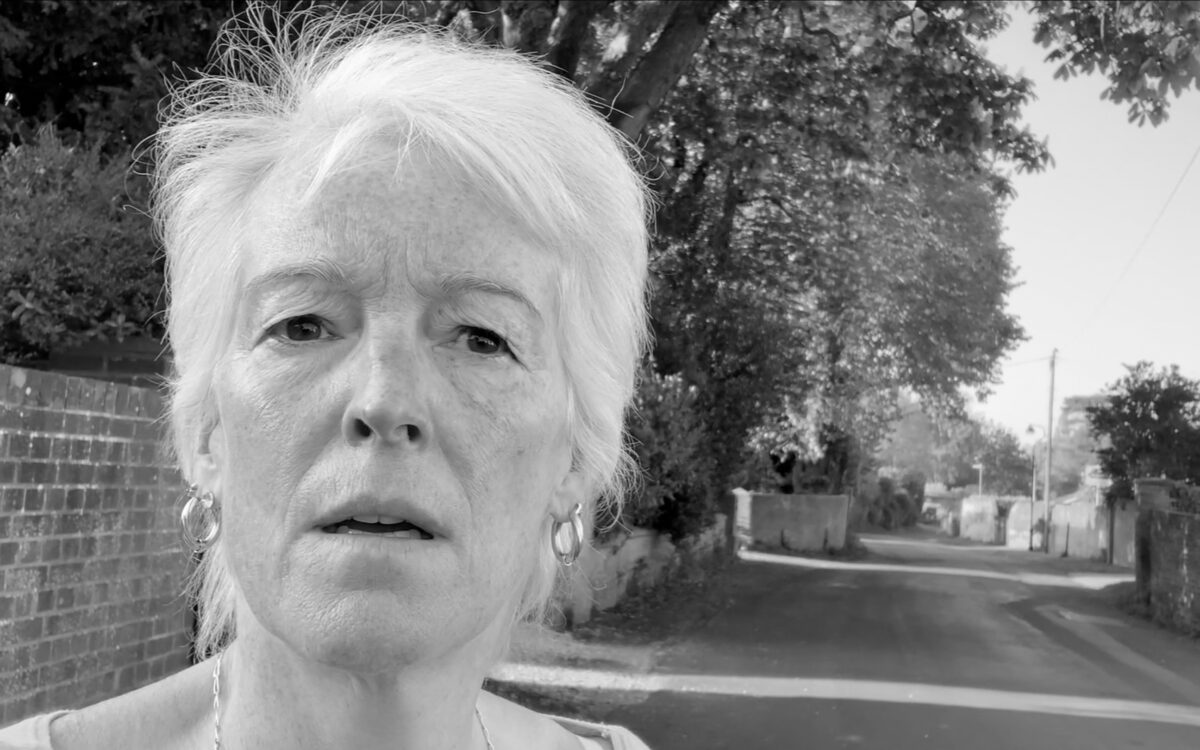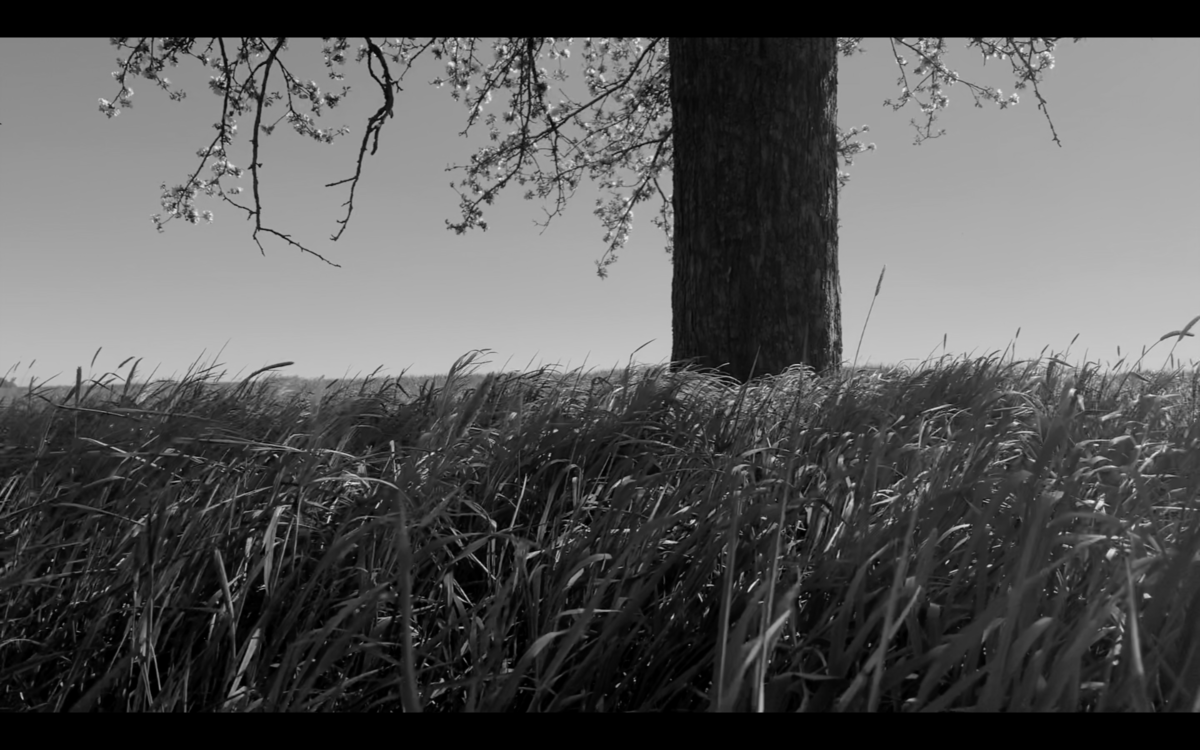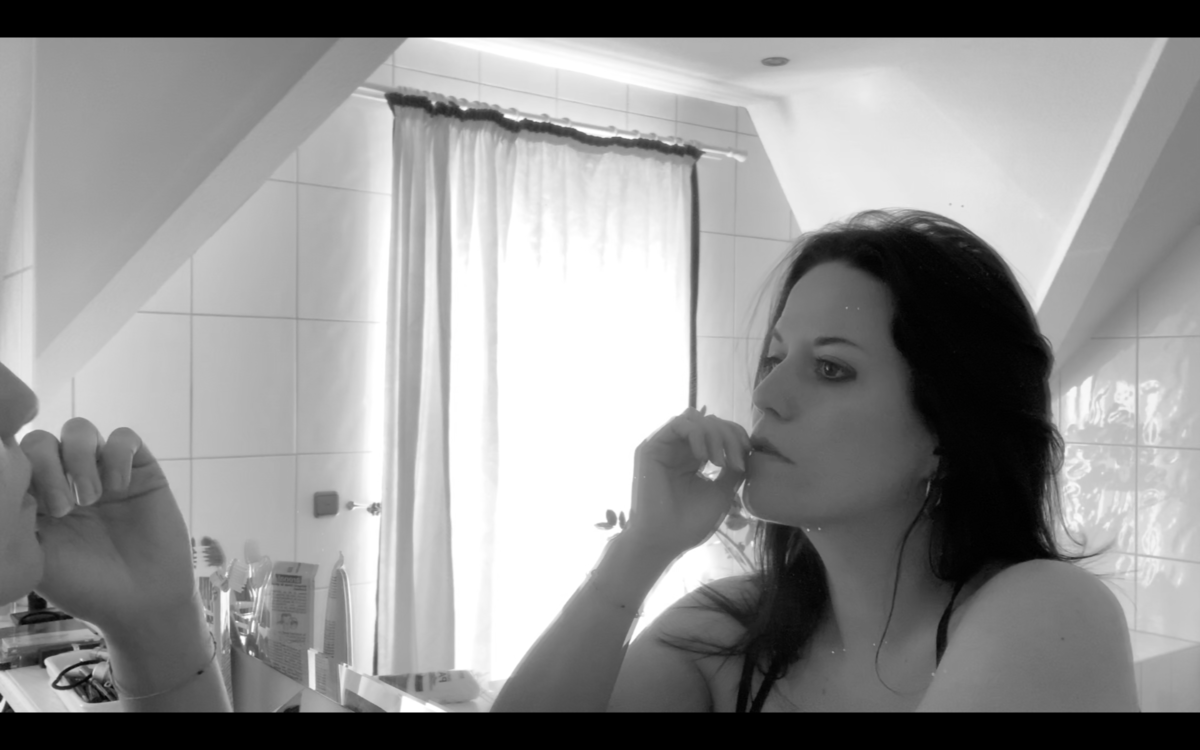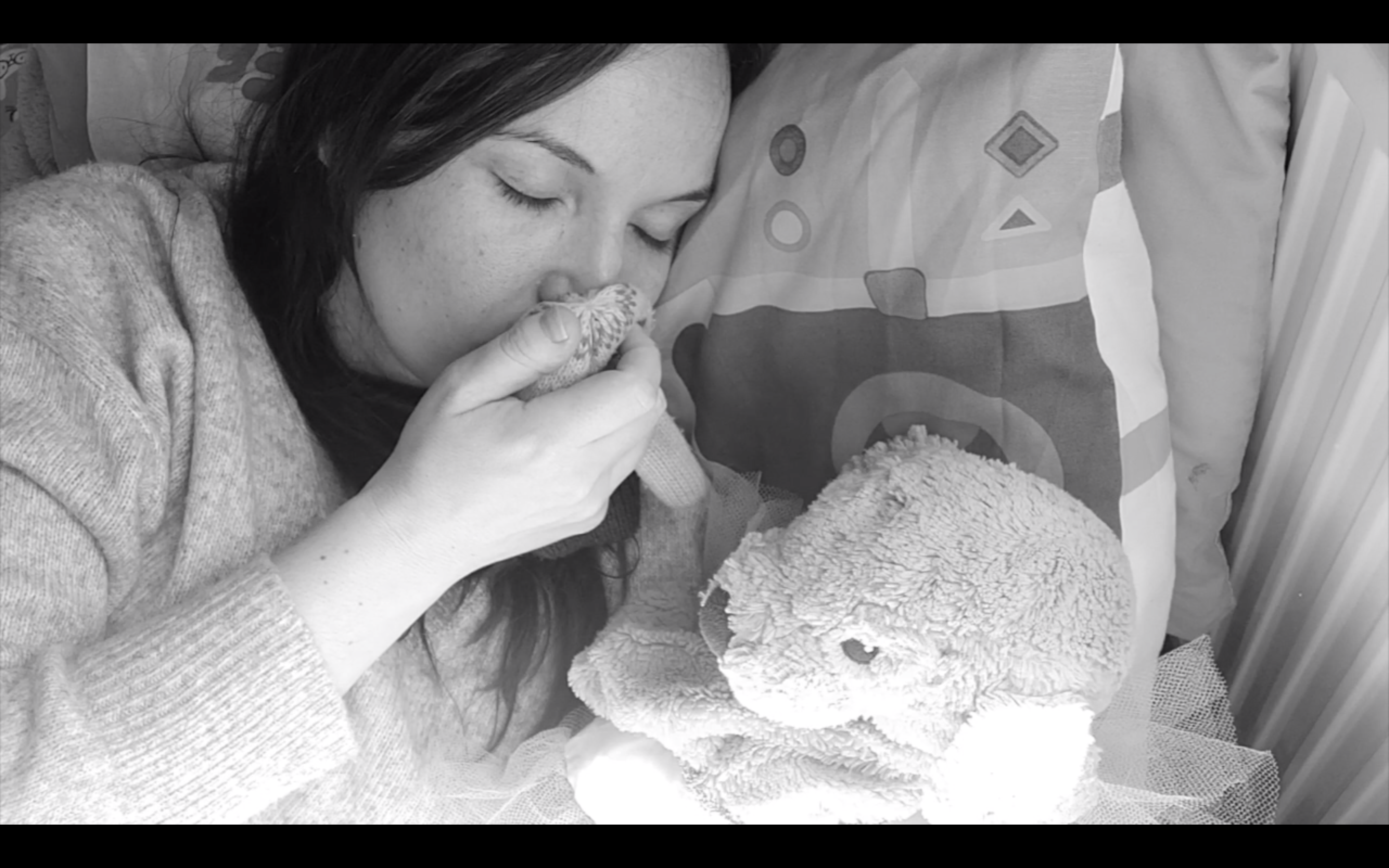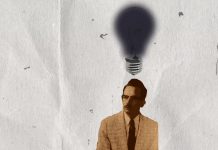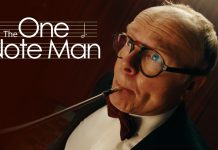It has been the trademark point of reference for many an independent film-maker over the last year or so to go deep within people to get a sense of the impact of the global challenge as we emerge from it into a ‘New Normal’.
HOPE?, a short that is representative of film-maker Julia-Maria Arnolds’ own creative endeavours during a challenging period in the UK film industry, brings together a group of seemingly unrelated individuals as they navigate their own troubles.
Film And TV Now spoke with the film-maker following the film’s selection in the London Independent Film Festival 2021.
For more on the London Independent Film Festival, including news and how to submit for the 2022 Edition, please click on:
Watch the trailer here:
FILM AND TV NOW: As we emerge from lockdown, hope has become a parallel for people and a double-meaning, which your title represents. Where do you feel the hope is at the moment for the world?
JULIA-MARIA ARNOLDS: I think hope is definitely on the better side at the moment. People are looking up, slowly things are getting back to normal, there is a light at the end of the tunnel.
At least here in the UK. I find that this pandemic has shown that hope remains, even in the darkest of times. Suddenly the need to do things and the desire to be creative was awakened within us. When it comes to hope many people are taking chances and are realising there is no time to waste, especially having lost so much already (jobs, family, freedom).
It’s all about seizing opportunities and hoping that it will work out.
FTVN: Film-makers have become more creative recently because of restrictions, but there seems to be an overwhelming sense to create much broader storytelling in the future. What stories would you like to focus on in the future?
JMA: The changing consciousness within our society needs to be reflected in our storytelling. Spirituality and the new age movement are topics that have had a growing interest recently and there is definitely a gap for these kind of themes to be explored in story telling.
HOPE? features some themes of the 5th dimension; e.g. telepathy and the human potential beyond the physical. I am currently working on a project which is in line with those ideas.
FTVN: Tell us about your cast, who appear to be playing themselves.
JMA: Since the quarantine influenced this film, I wanted the authentic reaction of lockdown’s isolation to be woven into the film.
The decision to use the actors real names aimed to mirror the experience of the characters in the film with the people playing them. My cast was entirely enthusiastic about this idea and didn’t shy away when it came to digging into their own experiences, delivering raw and honest performances.
FTVN: Tell us about the writing process.
JMA: There wasn’t a traditional writing process as such as dialogues were completely improvised.
I made this choice for similar reasons as above. Since we went through this a a global community for the first time, I wanted to create a space for the actors to channel the specific emotions of isolation as they were going through them themselves at the same time, which created very personal stories and brought a very real nostalgia to the film.
On the other hand the actors were given clear direction of what their character had to go through within the arch of the story. The choice of the poem was to portray how the same words can affect us in complete opposite ways, depending on where we stand at that moment in time. Just as they find themselves experiencing feelings of hope that could either bring them joy or terrible pain.
FTVN: Tell us about your production team.
JMA: It’s not too glam, I’ve been a one-woman-band, so to speak. Over the years I’ve developed many skills when it came to film-making. In order to get my voice heard and to fulfil my passion and dream I had to learn as much as I could in order to compete with the talent that’s out there.
So when it came to HOPE? I made use of all those skills and became producer, director, actor and editor.
FTVN: The music is reminiscent of some of the experimental pieces by groups like Pink Floyd and the visual style of the film has the look of a pop promo. Tell us about your working relationship with composer Michael Baumann and the visual objectives of the film.
JMA: When it came to the music there were three objectives Michael and I wanted to explore together; Firstly, space, isolation and longing. References such as Christopher Nolan’s INTERSTELLAR or Terrence Malick’s TREE OF LIFE were inspirations.
Secondly, the monotony of life in isolation and the dependency of routine reflected in sounds like a looping record or white noise. And thirdly, the introduction of hope coming back through the use of vocals which could also symbolise a call from their higher selves, lost ones or angelic beings.
Visually we shot in black and white to emphasise the loss of colour in our lives and showcase how everything seems meaningless when we are alone. We took advantage of the empty streets, stations and places that would normally be flooded with people.
Symbolic objects like the abandoned pushchair or two rusty cans shaken by the wind became motifs for loneliness. I encouraged my cast to venture out and find environments that would reflect their characters inner turmoil.
FTVN: How long did it take to shoot and where did people film themselves?
JMA: Filming took a week and a half, the actors filmed at home and the locations were London, Yorkshire, Portsmouth and the South of Germany.
FTVN: How did you raise finance for the short?
JMA: It was self-financed though the support from my family and personal savings.
FTVN: How are festivals like the London Independent Film Festival helping to showcase your work?
JMA: London Independent have been great. They are very supportive of filmmakers and for their work to be seen. For example: organising press interviews and features, sharing our work on their platforms and to introduce us to new opportunities.
They encouraged us to reach out and utilise their platform which doesn’t happen often within the industry. I also met wonderful filmmakers during the festival, despite everything being online and have already shared some ideas with some of them about a collaboration.
FTVN: Diversity and gender are big issues in entertainment at present. What are your hopes for yourself and other female film-makers are we move forward?
JMA: My dream is to get to a point where female filmmakers no longer need a separate category. I have found myself unwillingly participating in patricidal systems that made me doubt my own voice.
Moving forward it would be great to see the perspective of women respected and valued in the industry and for men to reflect on these subjects just as much.
FTVN: What specific effect has the pandemic had on you as both a film-maker and an individual?
JMA: Sometimes the more limited we are the more our creativity is triggered. For me the pandemic had a positive effect as it made me realise how much time I waste with jobs I don’t like rather then to concentrate on achieving my goals. I find myself now with no more excuses or why something shouldn’t work but rather using my creativity to find solutions.
FTVN: Finally, what are you most proud of about this short?
JMA: Despite having so many limitations (locations, budget, people in different places), the message of HOPE? still resonates with so many people.
I am most proud that I managed to be fearless when it came to storytelling and to jump, even though I had no idea whether it was going to work or not. Going forward, it inspired me massively to keep creating, no matter what. If you’ve got to say something, say it!


